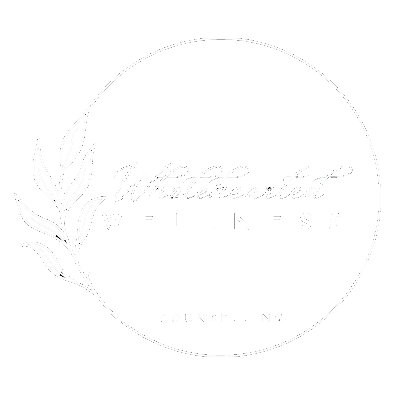Can Parts Work and Attachment-Based Therapy Help?
I often have clients step into therapy with significant trauma. The result is high anxiety, maybe depression, confusion, anger or resentment and almost always a somatic (physical) response to all of this. It’s not uncommon that a client will express how anxiety is ruining their relationships. Maybe you’ve noticed something similar. You might feel a particular struggle is now defining either you or parts of your life. Parts work and the integration of attachment-based therapeutic approaches can bring relief and healing, in these moments.
You aren’t defined by your struggles.
An approach I use with clients is parts work. This is where we can notice how parts of you are experiencing things. When you can begin to notice that you have many parts (making up your whole self), you might experience a little relief. If you’re able to get to know these parts better, you’ll find you connect with some of the unconscious beliefs they hold.
 In parts work, you can begin to explore past parts of yourself. Meaning, you might begin to notice that you react undesirably (but seemingly uncontrollably!) to particular situations because there is a younger part of you who is feeling threatened. This could be a relational, psychological, emotional or even physical threat. If you can notice reacting from a younger part – perhaps a child part – you can begin to explore what what part is experiencing.
In parts work, you can begin to explore past parts of yourself. Meaning, you might begin to notice that you react undesirably (but seemingly uncontrollably!) to particular situations because there is a younger part of you who is feeling threatened. This could be a relational, psychological, emotional or even physical threat. If you can notice reacting from a younger part – perhaps a child part – you can begin to explore what what part is experiencing.
Did they feel anxious?
Maybe that younger part needed comfort and didn’t receive it. In this example, as a resourced adult (and with a counsellor) you can begin to connect with different parts of yourself. This also gives you an opportunity to possibly build empathy and greater understanding about that part of you. In turn, it can allow you to connect differently with trusted people around you.
If you’ve had a traumatic experience, you might find there are many parts of your younger self that need that connection. And, it might feel hard. In the context of trauma, there are often parts that may have been disowned.
For example. when you were younger you may have lived in a family system where it wasn’t okay to express emotions authentically. And, you may have been a very emotional or perhaps empathetic person. This wasn’t your fault – feeling unsafe to express emotions was about your caregivers or family environment, not you. There may now be a part of you who feels angry towards or disappointment in that part who feels unsafe to be emotionally expressive.
Spending time with a trusted counsellor can help you to become more familiar with and hopefully (eventually) accepting of that part. You might begin to notice how making that part small, helped you feel safe. And, that now that no longer serves you. You might come to love and appreciate that part and want to honour it.
When you can begin to integrate parts, you begin to feel more you.
I think it’s important to highlight the fact that this work takes time. It also takes a trusted relationship (built through healthy rapport). The connection built through an attachment-based approach in therapy can help you develop and shift patterns of how you relate not only to others, but to yourself! I like to talk with clients about becoming curious with yourself and your emotions.
Curiosity is a beautiful space that creates an openness. 
This openness can lead you to maybe, possibly extending some self-compassion and quieting that self-criticism. I believe curiosity to be the birthplace to healing from your trauma(s). You can begin to untangle some of those earlier experience that now cause conflict. You might even feel a little empowered and certainly more at peace.
The attachment ruptures that happen (often developmentally) through traumatic experiences truly affect who you are now. If left untouched, they may always be there. Bravely reaching out for counselling help and beginning to explore your past experiences can begin the healing process. I invite you to reach out. Whether you’re seeking individual or couples counselling, I’d love to process your experiences with you. Please reach out for either in-person (Langley) or online/virtual appointments!





